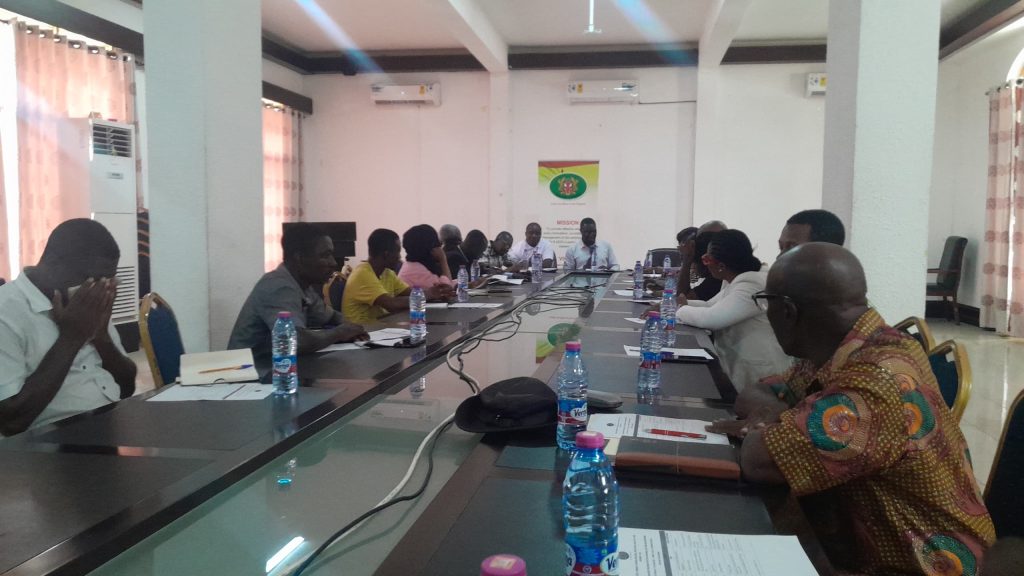By Prince Acquah
Cape Coast, April 15, GNA – Ghana has set the wheels in motion for the local manufacturing of HIV commodities including condoms, test kits and anti-retroviral medications, the Ghana AIDS Commission has announced.
Plans are afoot and officials are already in talks with pharmaceutical companies in the country to commence production in earnest from next year.
The move is part of a grand domestic HIV response sustainability programme to make the country self-reliant in the wake of the recent decline in foreign funding for the disease.
Dr Kharmacelle Prosper Akanbong, the Acting Director-General of the Commission, observed that about 80 per cent of the commodities used for HIV care services were imported, making local manufacturing extremely necessary.
He made the remarks when he met stakeholders in the Central Region to introduce himself as the new Director General and to rekindle collaborations in the response to HIV.
The meeting discussed achievements, setbacks, and new strategies to drive down the disease in Ghana.
Dr Akanbong noted that there were some existing pharmaceutical factories that had the capacity and would be supported with adequate technology.
“We are collaborating with GIZ who are bringing them technology, and we are looking at the challenges that affect the local manufacturers and with the support of the technology, those pharmaceutical companies should be able to produce those commodities that we want,” he said.
Aside from the HIV commodities, the Acting Director-General explained that the move also included the local manufacturing of vaccines through the West Africa Vaccines Centre, to save foreign exchange on the importation of medications, commodities, and vaccines.
“In the long term, we need to also strengthen our health system where we can have the capacity to do viral load, drug resistance and laboratory tests,” he stressed.
Dr Mrs Agnes Achiama Anane, the Acting Central Regional Director of Health, indicated that new HIV infections had increased in the region and it required all stakeholders’ participation to mitigate it.

She expressed worry over the worsened incidence of drug abuse and risky sexual behaviours among the youth, calling for intensified education on the virus.
She suggested that HIV clubs in various basic and secondary schools must be reactivated to drive behavioural change among students.
Dr Anane further raised concerns about the increasing number of patients on free treatment who were defaulting, citing stigma as leading cause.
Mr Bless Darkey, the Acting Regional Coordinating Director, acknowledged the progress made in the region over the years but was quick to admit that they were not out of woods yet.
He observed that despite the hard efforts by stakeholders, there had not been any serious behavioural change with new cases being recorded daily, stressing the need to strengthen the fight.
He commended the Director General for embarking on the exercise to whip up interest to combat HIV aids in the region.
Mr Emmanuel Essuman, the Central Regional Director of Education, pledged the commitment of the Ghana Education Service to the HIV response but urged stakeholders to follow due process to access the schools.
Dr Fred Nana Poku, the Director for Technical Services of the Ghana AIDS Commission, emphasised the need for Ghana AIDS Commission, the Ministry of Gender, human rights institutions, CSOs, MMDAs, the private sector, corporate institutions, and all relevant groups to strengthen the response.
“We need to collaborate and complement one another’s strength to drive down the new infections and the prevalence rate,” he said.
GNA
AT/BM